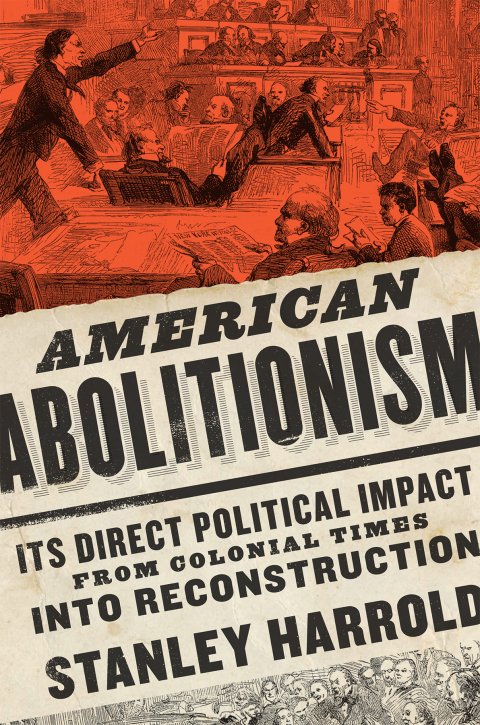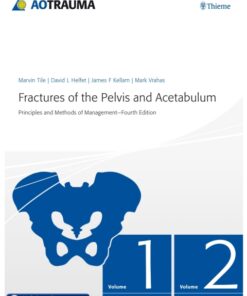American AbolitionismIts Direct Political Impact from Colonial Times into Reconstruction Ebook (tebook.shop)
$25.00
Stanley Harrold
American Abolitionism
Its Direct Political Impact from Colonial Times into ReconstructionThis ambitious book provides the only systematic examination of the American abolition movement’s direct impacts on antislavery politics from colonial times to the Civil War and after. As opposed to indirect methods such as propaganda, sermons, and speeches at protest meetings, Stanley Harrold focuses on abolitionists’ political tactics’petitioning, lobbying, establishing bonds with sympathetic politicians’and on their disruptions of slavery itself. Harrold begins with the abolition movement’s relationship to politics and government in the northern American colonies and goes on to evaluate its effect in a number of crucial contexts–the U.S. Congress during the 1790s, the Missouri Compromise, the struggle over slavery in Illinois during the 1820s, and abolitionist petitioning of Congress during that same decade. He shows how the rise of “immediate” abolitionism, with its emphasis on moral suasion, did not diminish direct abolitionists’ impact on Congress during the 1830s and 1840s. The book also addresses abolitionists’ direct actions against slavery itself, aiding escaped or kidnapped slaves, which led southern politicians to demand the Fugitive Slave Law of 1850, a major flashpoint of antebellum politics. Finally, Harrold investigates the relationship between abolitionists and the Republican Party through the Civil War and Reconstruction.ISBN: 9780813942292, 0813942292











